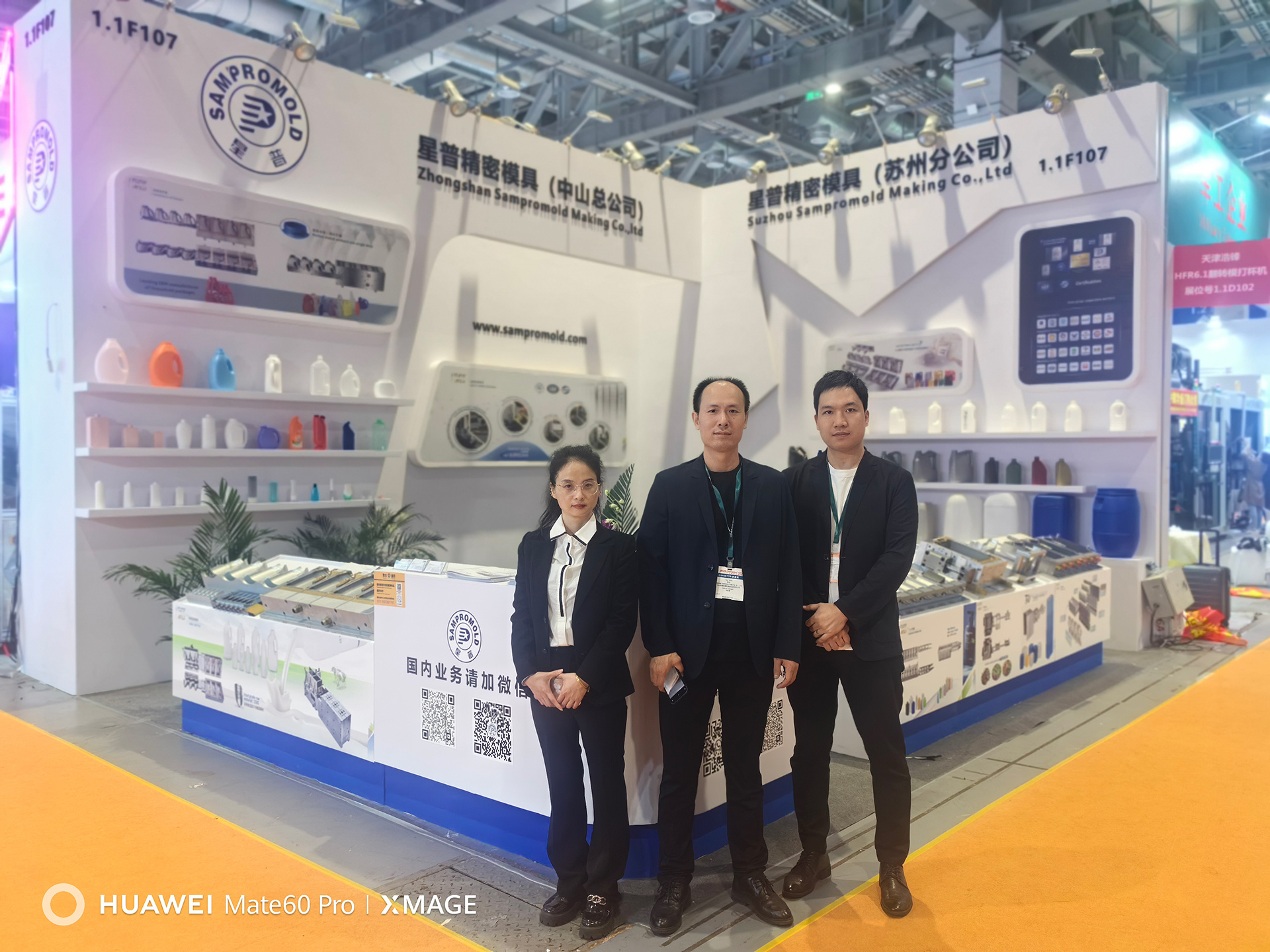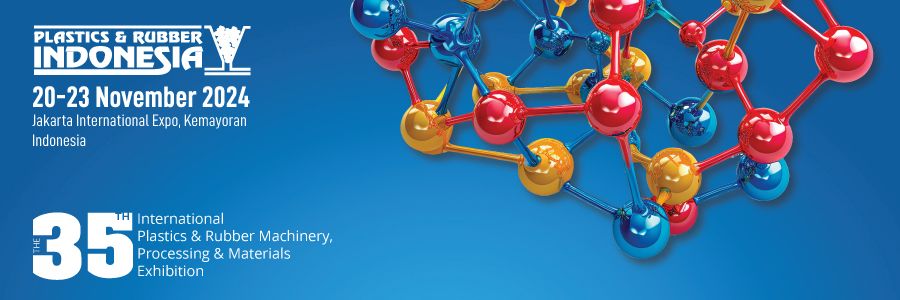Why Customized Polypropylene Molds Are Revolutionizing Manufacturing
Time:
2025-05-29
Why Customized Polypropylene Molds Are Revolutionizing Manufacturing
Table of Contents
- 1. Introduction to Customized Polypropylene Molds
- 2. The Benefits of Using Customized Polypropylene Molds
- 3. Applications of Customized Polypropylene Molds
- 4. The Manufacturing Process of Polypropylene Molds
- 5. Case Studies: Success Stories in Polypropylene Molding
- 6. Challenges in Implementing Customized Molds
- 7. Future Trends in Polypropylene Molding Technology
- 8. Conclusion
- 9. FAQs
1. Introduction to Customized Polypropylene Molds
The manufacturing industry is constantly evolving, driven by technological advancements and the need for more efficient processes. Among the innovations making waves in this sector are **customized polypropylene molds**. These molds are tailored to meet specific requirements, allowing manufacturers to produce high-quality products efficiently and cost-effectively. This article aims to explore the various aspects of customized polypropylene molds, from their benefits to their applications and future trends.
2. The Benefits of Using Customized Polypropylene Molds
Customized polypropylene molds offer a multitude of advantages that significantly enhance manufacturing processes. These benefits include **cost efficiency**, **design flexibility**, and **enhanced quality**.
2.1 Cost-Efficiency
One of the primary advantages of customized polypropylene molds is their cost-efficiency. By designing molds tailored to the specific needs of a project, manufacturers can reduce material waste and optimize production cycles. The use of polypropylene, known for its durability and lightweight properties, further lowers manufacturing costs compared to traditional materials. Additionally, customized molds allow for quicker production times, enabling businesses to respond faster to market demands without incurring excessive costs.
2.2 Design Flexibility
Customized molds provide unmatched **design flexibility**. Manufacturers can create intricate designs and complex geometries that standard molds cannot accommodate. This flexibility enables the production of unique products that stand out in the market. Furthermore, the ability to modify mold designs easily allows for rapid prototyping and iterations, essential in today's fast-paced manufacturing environment.
2.3 Enhanced Quality
Quality control is paramount in manufacturing, and customized polypropylene molds play a crucial role in producing superior products. The precision engineering involved in creating these molds ensures that every item produced meets high-quality standards. This level of quality not only enhances customer satisfaction but also contributes to a brand's reputation, ultimately leading to increased sales and market share.
3. Applications of Customized Polypropylene Molds
The versatility of customized polypropylene molds has led to their widespread adoption across various sectors. Some of the most notable applications include the **packaging industry**, the **automotive sector**, and **consumer goods production**.
3.1 Packaging Industry
In the packaging industry, customized polypropylene molds are used to create innovative, lightweight, and durable packaging solutions. Manufacturers can design molds that produce packaging tailored to specific product dimensions, ensuring a perfect fit that enhances product protection. Moreover, the ability to customize molds facilitates the creation of eco-friendly packaging options, an increasingly important factor for environmentally-conscious consumers.
3.2 Automotive Sector
The automotive sector has also embraced customized polypropylene molds, using them to manufacture components that are both lightweight and strong. These molds are crucial for producing parts like dashboards, door panels, and bumpers, which require complex shapes and high precision. The result is a more fuel-efficient vehicle, as lighter components contribute to better fuel economy.
3.3 Consumer Goods
Customized polypropylene molds are increasingly utilized in the consumer goods market, allowing manufacturers to produce a diverse range of products, from kitchenware to toys. The design flexibility offered by these molds enables the creation of visually appealing products that attract consumers. Additionally, the ease of customization allows for limited edition releases or seasonal products, further enhancing market competitiveness.
4. The Manufacturing Process of Polypropylene Molds
Understanding the manufacturing process behind customized polypropylene molds is essential for appreciating their impact on production efficiency and quality. The process involves **material selection** and **molding techniques** that significantly influence the final product.
4.1 Material Selection
The choice of material is critical in mold manufacturing. Polypropylene is favored for its excellent balance of strength and flexibility, making it ideal for various applications. Its resistance to chemicals and fatigue further enhances its suitability for producing long-lasting molds. Additionally, advancements in polypropylene formulations allow for even greater customization possibilities, enabling manufacturers to tailor the material properties to specific needs.
4.2 Molding Techniques
The molding techniques employed in creating polypropylene molds significantly affect the efficiency and quality of the production process. Techniques such as injection molding, blow molding, and thermoforming each offer unique advantages, depending on the desired end product. For instance, injection molding is ideal for high-volume production due to its speed and precision, while blow molding is often utilized for hollow products. Understanding these techniques helps manufacturers choose the right method for their specific requirements.
5. Case Studies: Success Stories in Polypropylene Molding
Real-world examples illustrate the transformative power of customized polypropylene molds in manufacturing. Various companies have successfully implemented these molds to achieve remarkable results.
One notable case involves a packaging company that utilized customized polypropylene molds to create lightweight packaging solutions for food products. By optimizing their mold designs, they reduced material waste by 30%, resulting in significant cost savings and a reduced environmental footprint.
Another example comes from the automotive industry, where a leading manufacturer adopted customized polypropylene molds to produce interior components. This shift not only improved production efficiency by 25% but also enhanced product durability, leading to increased customer satisfaction and fewer warranty claims.
These case studies exemplify how investing in customized polypropylene molds can yield substantial benefits across industries.
6. Challenges in Implementing Customized Molds
While customized polypropylene molds offer numerous advantages, challenges can arise during implementation. These challenges include high initial costs, the need for specialized skills, and potential design limitations.
High initial costs can deter some manufacturers from transitioning to customized molds. However, the long-term savings and efficiency gains often outweigh these upfront investments. Additionally, companies may need to invest in training their workforce to effectively use and maintain customized molds, which requires time and resources.
Lastly, while customization offers flexibility, certain design limitations may still exist based on the capabilities of the molding technology used. Understanding these challenges is crucial for manufacturers considering a shift towards customized polypropylene molds.
7. Future Trends in Polypropylene Molding Technology
The future of customized polypropylene molds looks promising, with several trends expected to shape the industry. These trends include advancements in 3D printing technology, increased focus on sustainability, and the integration of smart manufacturing practices.
3D printing technology has the potential to revolutionize mold production by enabling rapid prototyping and the creation of complex designs that were once impossible with traditional methods. This technology allows manufacturers to experiment with mold designs quickly, fostering innovation and flexibility.
Sustainability is another driving force in the industry, with manufacturers increasingly seeking eco-friendly materials and processes. Customized molds that reduce waste and utilize recyclable materials will become more prevalent as companies strive to meet consumer demand for sustainable products.
Finally, the integration of smart manufacturing practices, including automation and data analytics, will enhance the efficiency of mold production and overall manufacturing processes. This shift towards smart factories will enable manufacturers to optimize their operations, reduce downtime, and respond swiftly to market changes.
8. Conclusion
Customized polypropylene molds are undeniably revolutionizing the manufacturing landscape. Their **cost-efficiency**, **design flexibility**, and **enhanced quality** have made them a preferred choice across various industries. As we move forward, the continued evolution of molding technology and an increased focus on sustainability will further shape the future of customized molds. Embracing these innovations will not only position manufacturers for success but also drive the industry toward a more efficient and environmentally friendly future.
9. FAQs
1. What are customized polypropylene molds?
Customized polypropylene molds are specialized molds designed to meet specific production requirements, allowing for efficient and precise manufacturing of various products.
2. How do customized molds benefit manufacturers?
They offer benefits such as cost efficiency, design flexibility, and improved product quality, leading to enhanced competitiveness in the market.
3. What industries utilize customized polypropylene molds?
They are widely used across industries, including packaging, automotive, and consumer goods.
4. What are the common molding techniques used for polypropylene molds?
Common techniques include injection molding, blow molding, and thermoforming, each offering unique advantages based on the desired product.
5. What challenges might manufacturers face when implementing customized molds?
Challenges include high initial costs, the need for specialized skills, and potential design limitations that can arise during the customization process.
By leveraging the innovative potential of customized polypropylene molds, manufacturers can enhance their processes and adapt to the ever-changing demands of the market.
RELATED NEWS












